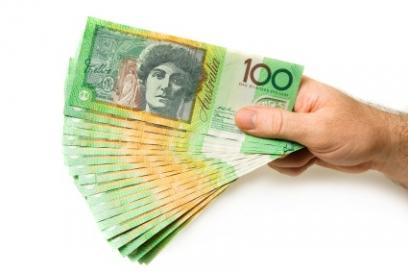
Climate financing moves into the mainstream
Green finance is a rapidly growing market. Almost US$400 billion of green, sustainability and social bonds were issued in 2019. The great majority were certified green bonds – and sales were up by 53 per cent. Almost US$31 trillion of funds worldwide (encompassing a range of asset types) were held in sustainable or green investments…
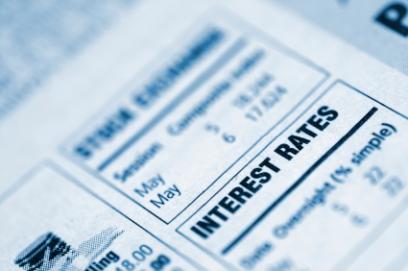
Negative interest rates explained
A week ahead of Thursday’s budget update, it finally happened. Instead of the government paying to borrow in a way that would add to the burden on the budget (as has happened since time immemorial) it actually got paid to borrow. Think about that. Investors with millions of dollars to lend went to the Australian…
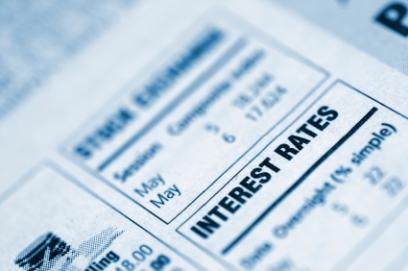
Why zero interest rates are here to stay
It’d be wrong to interpret last week’s Reserve Bank decision to cut its cash rate to 0.10% as an emergency response to the COVID crisis. The implication would be that once the pandemic is controlled the economy will return to something like the pre-crisis “normal” and the ultra-low interest rates will end. In reality, in…

Is a flood of liquidity entering markets?
As interest rates creep lower and asset-buying programs expand, contrarian investors have been steamrollered by liquidity and momentum. Yet abundant liquidity and plausible storytelling can only sustain markets for so long, and every story needs an ending. We prefer to leave expensive technology businesses to others, while focusing on neglected long-duration businesses with proven earnings…

Super low interest rates come with side effects
Ultra-loose monetary policy could even be counterproductive for economies. Sitting on the desk of Reserve Bank of Australia Governor Philip Lowe most days when he arrives at work are letters from the public. Many are from retirees who have one complaint in this world of low interest rates. “It’s not uncommon for people to say…

US senate result could reverberate for decades
The US senate result could reverberate for decades if under Democrat control the filibuster goes. Any quest to alter the constitutional order would be more proof of how primary contests are destabilising US politics. Mitch McConnell, first elected to the US senate in 1984, became senate majority leader in 2015 when Republicans regained control of…

Irrational Exuberance on Steroids
Investors old enough to remember the bursting of the dot.com bubble at the beginning of the 21st century may recall the observation made by former Chairman of the US Federal Reserve, Alan Greenspan, that irrational exuberance explains a market driving asset valuations beyond their fundamental worth. When the March bear market abruptly ended, the emerging…
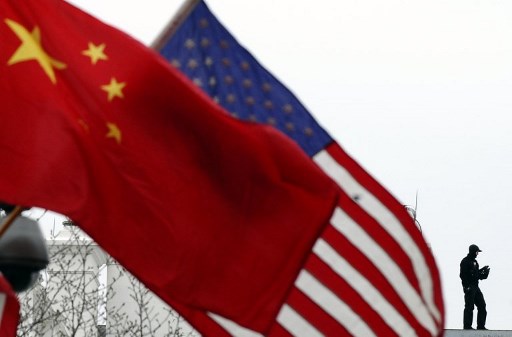
China and the US are headed towards a ‘decoupling’
But any rupture is likely to fall short of the separation the word implies. (Reading time: 4 min) The ‘Line of Actual Control’ is the name for the unformalised border that separates Indian-controlled and Chinese-controlled territory in the disputed area where the Asian neighbours meet and where in 1962 the pair fought a war. In…
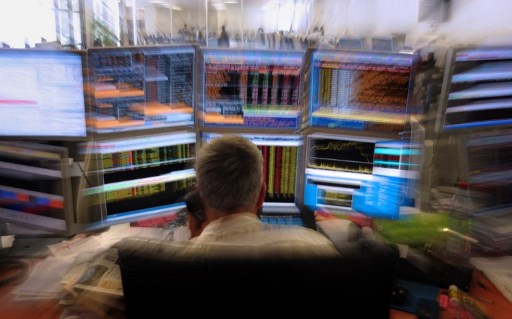
Under the Radar Stocks
Former chairman of the US Federal Reserve, Alan Greenspan, is credited with coining the term “irrational exuberance” in a speech in the midst of the early days of what would morph into the dot.com bubble. The term is now widely used to describe “widespread and undue economic optimism.” Irrational exuberance can seduce investors into ignoring…
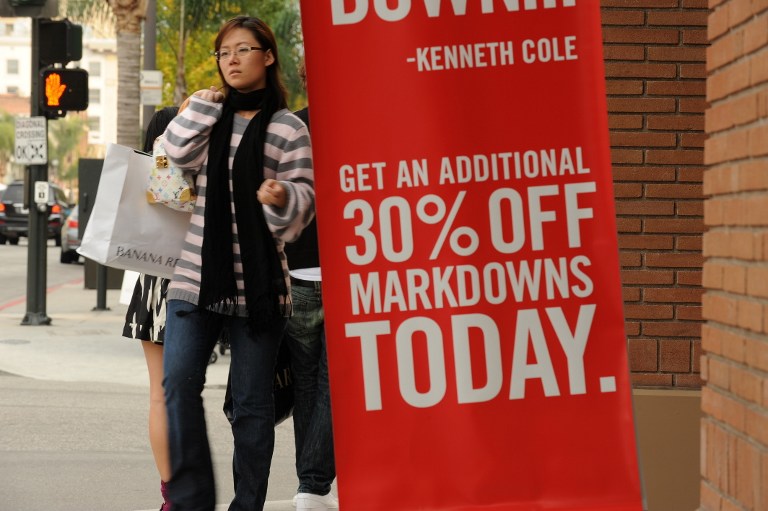
Australia needs a six-month GST holiday
Treasurer Josh Frydenberg has spent billions trying to save us from recession. The winding down of JobKeeper scheduled for September means he’ll have to spend billions more. Many of the stimulus measures talked about are focused on the traditional targets of infrastructure and residential construction. But this recession is different to previous ones. It has…




